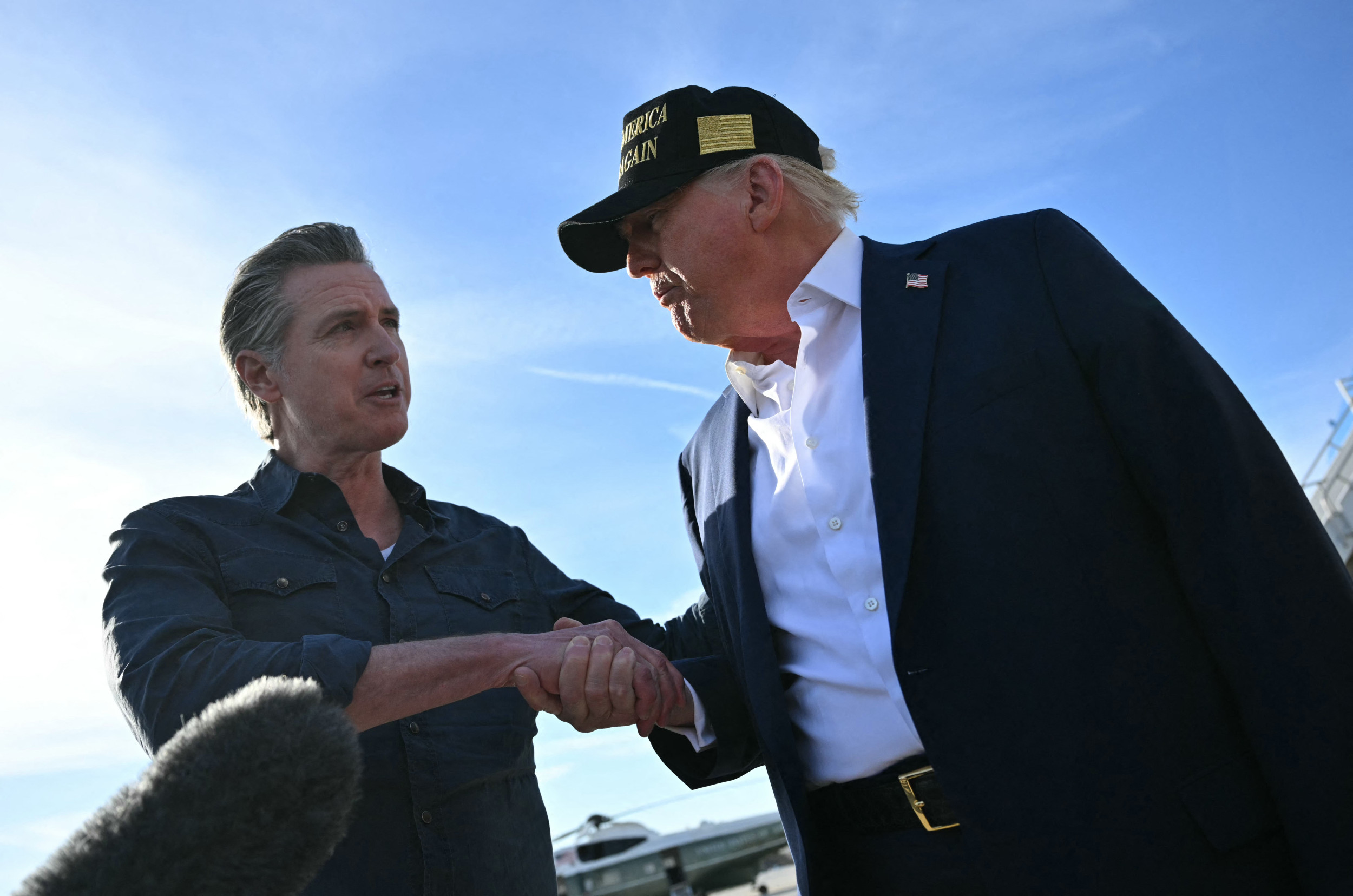While unrest and new vaccine restrictions have kept US health agencies in headlines, there’s one vaccine program in particular that Robert F Kennedy Jr, secretary of the US Department of Health and Human Services (HHS), recently vowed to “fix”, which experts say could further upend the vaccine industry and prevent people experiencing rare side effects from vaccines from getting financial help.
While some changes to the National Vaccine Injury Compensation Program (VICP), which compensates people who suffer very rare side effects from vaccination, must come from Congress, Kennedy could take several actions to reshape or affect the program’s operations.
Kennedy “seems to be pursuing two opposite theories” on changing VICP, said Anna Kirkland, a professor at the University of Michigan and author of Vaccine Court.
“Make it easier and compensate more, versus blow it all up. And then maybe there’s a third way of, foment skepticism, undercut recommendations,” she said.
The moves represent the latest battle in “the war on vaccines that he’s been waging for decades”, Art Caplan, head of the division of medical ethics at New York University’s Grossman School of Medicine said. Kennedy, an anti-vaccine activist for about two decades, has reported more than $2.4m in income for referring vaccine-related cases to a law firm, for instance.
Making major changes to the program may open up vaccine makers to more litigation, making it difficult for them to keep existing vaccines on the market or to produce new ones.
In 1980, there were 18 companies in the US producing vaccines; a decade later, there were four. Congress passed a law in 1986 leading to the establishment of the VICP to prevent further instability in the vaccine market.
By making changes to the program, Kennedy “can scare the manufacturers”, and the market is “pretty fragile”, said Caplan.
Dorit Reiss, professor of law at University of California College of the Law, San Francisco, said that “VICP was adopted … because manufacturers were leaving the market over litigation” and that “this would mean manufacturers will pull out of the market and we’ll have less vaccine accessible”.
There aren’t many vaccine makers left in the US. Most vaccines are not very lucrative – either for the manufacturers or the doctors who administer them. Most routine vaccines are covered under the VICP.
Caplan said any vaccines could be vulnerable and these actions have major consequences for uptake even if vaccines remain on the market.
“The biggest problem is still undermining trust in mainstream science,” Caplan said.
Changing or even eliminating the program would also likely make it more difficult for patients to have their cases addressed. Yet a bill that would abolish the VICP entirely, introduced by the representative Paul Gosar, a Republican from Arizona, is gaining traction in anti-vaccine circles.
Reiss noted that “undoing VICP might mean there’s no vaccines available”.
A website about Gosar’s bill features a quote from Kennedy: “If we want safe and effective vaccines, we need to end the liability shield.”
HHS did not respond to the Guardian’s questions on whether Kennedy knows about this use of his quotation, or what his plan to “fix” the compensation program involves.
There are several actions Kennedy can take to “make vaccine availability much more difficult”, Caplan said.
Kennedy has mentioned two concrete plans: adding discovery to existing compensation claims, and removing the backlog of claims. The program rules already allow discovery at the discretion of the adjudicators, called special masters. Adding special masters could help speed up claim processing, but the number of special masters was set by Congress, not HHS.
In addition, the special masters answer to the US Department of Justice (DoJ), not HHS – though they represent the secretary in claims.
“The first thing [Kennedy] said he was doing was working with Pam Bondi at DoJ,” Kirkland said. “Bondi could certainly direct her own employees to stop contesting a lot of things, and just let as much as possible go through, because they represent the secretary against the petitioners. So they could certainly change the softer ways that they operate, try to be easier, try to be faster.”
In that case, Kennedy could ask the special masters to concede – effectively approving automatically – any claims about, for instance, diagnoses of autism or allergies after vaccination, Reiss said.
One way to argue that a vaccine caused severe side effects under VICP is to present in a causation hearing a preponderance of evidence demonstrating it’s more than 50% likely – a metric known as “50% and a feather” – that the vaccine is the cause of a side effect.
But “there doesn’t have to be existing literature that shows this connection. If you have a credible expert with a convincing theory, that’s enough” under VICP, Reiss said.
Reiss noted that the “program was intentionally and consciously designed to make it easy to compensate”.
“It increases vaccine trust when we have a quick, generous compensation program – when we can tell people: ‘Look, if the worst happens, if you’re the one in the million where things actually go wrong, you can be quickly and generously compensated, whereas if you instead get a vaccine-preventable disease, you don’t have any compensation.’ I think that can help trust. It’s also the right thing to do,” she said.
The other way to settle a claim is the table of injuries, which lists the vaccines included in ACIP [the Advisory Committee on Immunization Practices], potential injuries and time periods.
“If the injury occurs within that time, then causation is presumed,” Reiss said.
Kennedy could change the table, adding more or different side effects. This would require publishing public notice and accepting comments. If a new injury is added to the table, cases are allowed to be submitted for the past eight years, rather than the usual three years.
The table is “the one that’s the most straightforwardly under his control”, Kirkland said. The last time a government agency tried to change the table, it failed. “That’s got to mean something,” she added.
If the ACIP no longer recommends a routine vaccine, it may be removed from the table. Claims would then need to go through the regular court system.
There is a higher bar in the regular courts, where claimants have to show fault, demonstrating a defective product or negligence, for instance. The rules of evidence are stricter. Claimants also have to hire a lawyer and pay the lawyer costs and the experts.
With the private US healthcare market, “if you don’t win your case, you’re going to then get stuck with gigantic medical bills”, Caplan said.
In a country like the US, where the burden is on the individual to pay their medical bills, VICP is a safety net for people having medical events after vaccination, he said.
Many of the claims now handled under VICP are for relatively low amounts of money that law firms – especially the rare firms with the expertise to take on large pharmaceutical companies – might not find worthwhile in representing.
There are aspects of VICP that need reform, Reiss said. The program needs more special masters, the caps on payments need to be updated from original levels set in the 1980s, and the statute of limitations should be expanded beyond three years – especially because it is difficult to diagnose side effects in young children in that amount of time, she said.
“The statute of limitations, special masters and caps need to be changed, and there have been efforts to do that,” she said. “They just, I think, didn’t get enough attention, and that’s probably not what he’s focusing on.”





